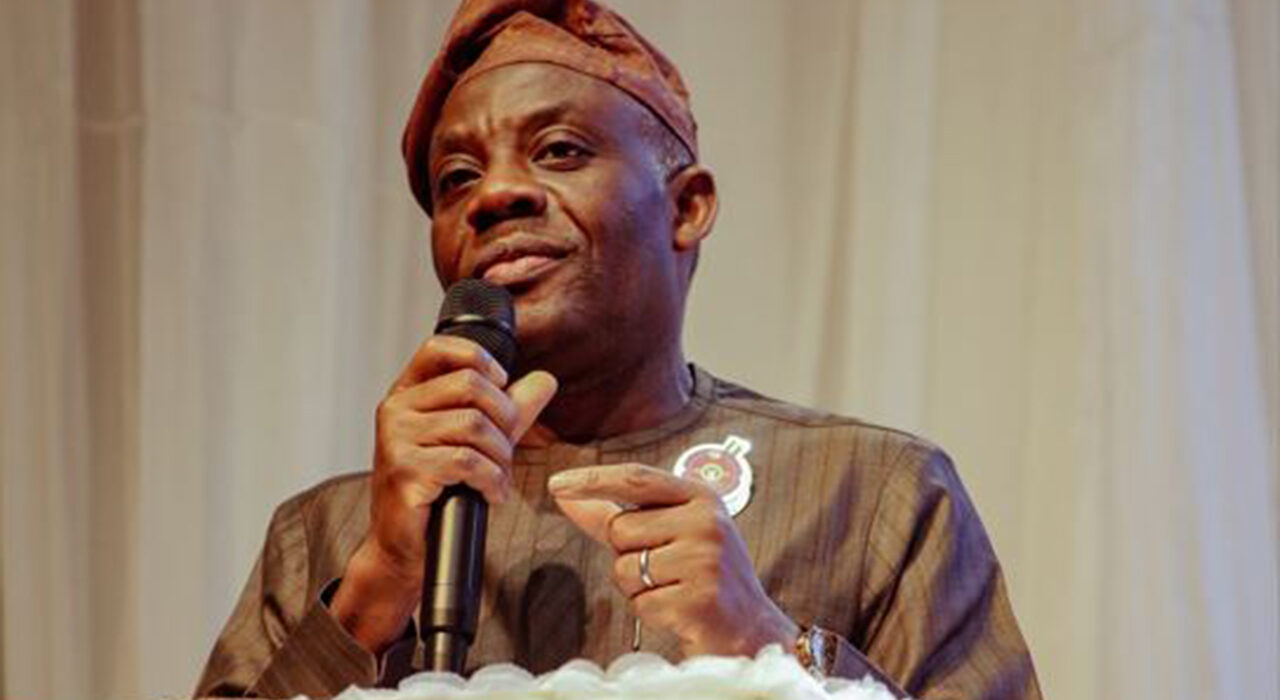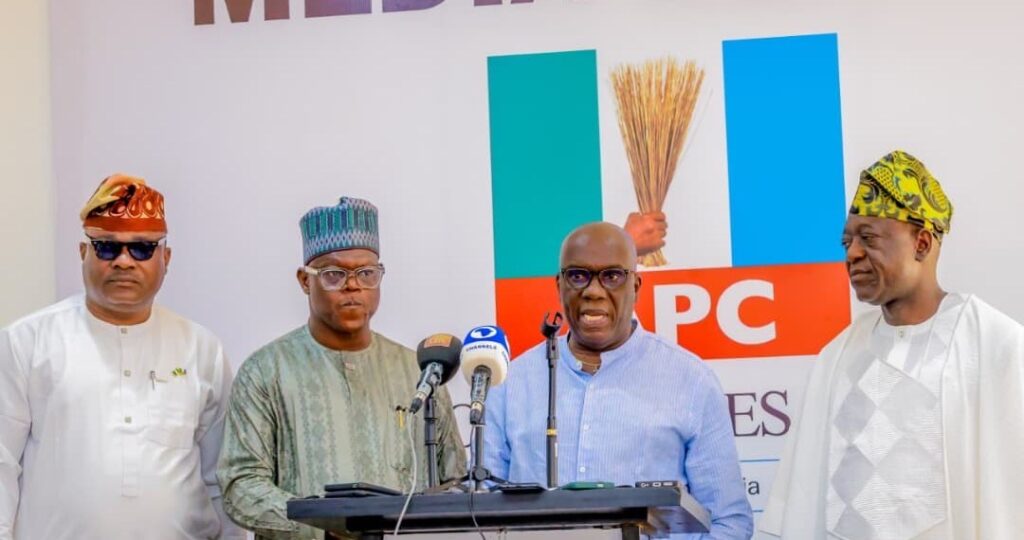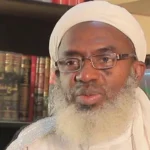Reverse Suspension of 2022 National Language Policy, Education Expert Urges Minister

Professor Aderemi Obilana, Founder and Chief Executive Officer of Prakis Educational Services, has called on the Minister of Education, Dr. Tunji Alausa, to immediately reverse the suspension of the 2022 National Language Policy, warning that the decision threatens Nigeria’s cultural identity and contradicts global best practices in early education.
Speaking in Lagos, Obilana faulted the federal government’s recent move to scrap the policy, which had mandated the use of mother tongue or the language of the immediate community as the medium of instruction from early childhood through primary education.
He described the reversal as hasty and harmful, arguing that it disregards decades of research supporting mother-tongue-based learning.
According to him, the minister’s justification—that poor performance in national examinations is linked to teaching in indigenous languages—is inaccurate and unsupported by empirical evidence.
He insisted that data cited by the ministry misrepresents the real causes of declining academic outcomes, which he attributed to systemic underfunding, inadequate teacher training and poor learning environments.
Obilana drew attention to UNESCO-backed studies which affirm that children learn faster and develop stronger cognitive skills when taught in their first language.
He warned that abolishing the 2022 policy would not only weaken foundational learning but also accelerate the erosion of Nigeria’s linguistic and cultural heritage.
The education expert further argued that implementing the National Language Policy required commitment, training and resources—not cancellation.
He urged the federal government to strengthen teacher capacity, provide instructional materials in indigenous languages and adopt a more student-centered approach.
His position aligns with concerns raised by the Nigerian Academy of Letters and other academic bodies, which have condemned the policy reversal as a step backward for the country’s educational development.
They argue that prioritising English as the sole medium of instruction reinstates colonial-era structures and undermines the nation’s rich linguistic diversity.
Obilana called on the education minister to reconsider the decision in the interest of national identity, child development and long-term educational growth, stressing that Nigeria must protect its indigenous languages rather than push them further to the margins.









